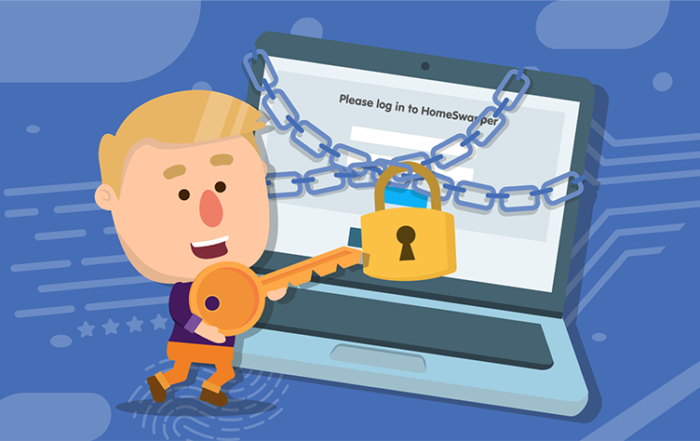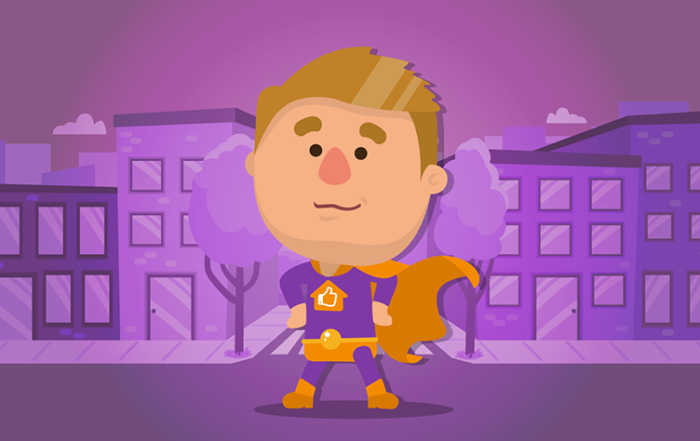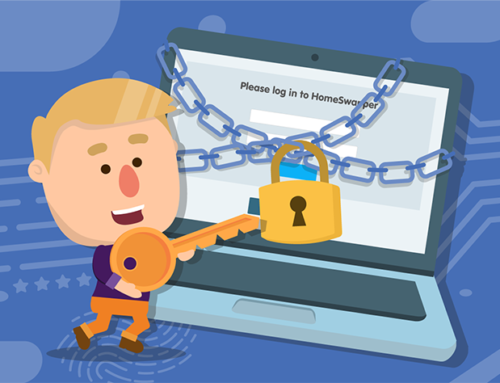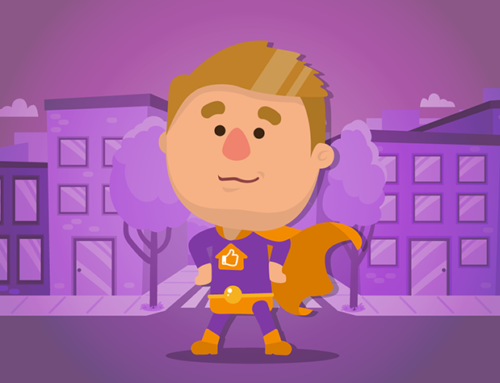
Over the next couple of months, each one of us in England & Wales will need to complete a series of questions for the 2021 census. But what is the census and why is it important? Done every ten years, the census is a large-scale data collection exercise that builds a picture of our country today. The results will influence how public services like GPs and green spaces are planned and funded. Read on for more details about what’s required and also for some of the weird and wonderful findings from previous censuses.
On the 21st March this year, everybody in England and Wales will complete a census either online or by post (Scotland and Northern Ireland have their own versions). It’s a mandatory duty, which means you have to take part – not doing so will result in a £1,000 fine. Last time a total of 94% of people took part.
The Office for National Statistics (ONS) is in charge of planning and running it. The census asks questions about you and your household – it takes place for the whole of the country, all over one night! Completing the census is quick and easy; it will generally take around 10 minutes.
Planning for the future
The results of the census are vital for local authorities, the government and other organisations to create long-term plans. The policies that will be affected touch all of our lives, from healthcare to schools, transport to libraries.
Looking to the past
The first census for England and Wales was in 1801 and the information given at the time is an invaluable resource for historians to understand what society was like at that time. It’s also a brilliant way for future generations to be able to trace their ancestors. With all previous censuses, entries are anonymised to protect the identities of the people at that time – the information is only made public after 100 years!
The weird & wonderful UK
Conducting a nationwide census can illuminate some pretty barmy information about the population. Here are a few of the interesting findings that the 2011 census gave us:
Lonely Hearts Club Land: The borough of Islington in London might be the best place in the UK to find a date; 60% of those living there described themselves as single.
Used to Staying at Home: As of 2011, 1 in 5 people in Wales didn’t have a passport.
We Built This City on Rock’n’Roll: When asked their religion, over 6,000 people in England and Wales answered ‘heavy metal’.
The Force in Decline: In 2011, 177,000 people claimed their religion to be Jedi Knights, half the number recorded in the 2001 census.
The full results of the census won’t be published for a year or two and the impact that these results have on our communities may take a while to come through – but the key thing is that your voice is being heard. Contributing to research, opinion polls and surveys when invited to, can give you the power to influence how the world around you is shaped. A small amount of input can have a big effect.
Helping out
For the census, the government is now recruiting 30,000 temporary workers and volunteers to remind people to complete the forms. All those who apply will receive regular COVID tests to ensure their safety and for the protection of the community.
The HomeSwapper Customer Support team are always on hand to give advice and tips on how to get the most from HomeSwapper. They deal with Swappers every day and have a unique insight and view on the thousands of successful swaps that take place on HomeSwapper.






